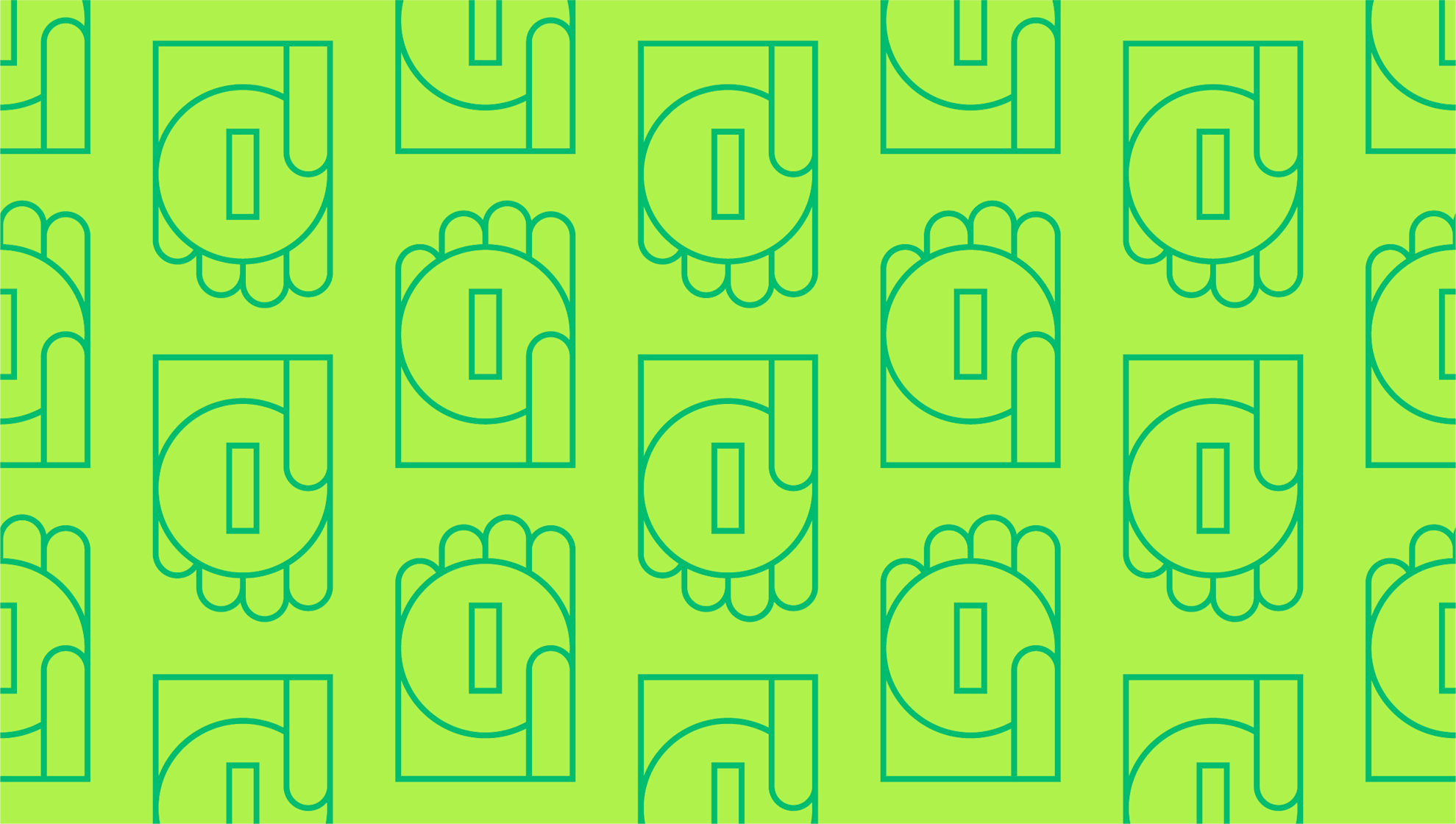Last editedNov 20222 min read
As consumer needs evolve, B2B commerce is starting to resemble the customer-centric world of B2C more closely as B2B buyers and sellers gravitate towards online and contactless convenience. The B2B payments sector is certainly diverse, with wire transfers and cheques more common than in the retail world, but online payments have become the number one choice for most B2B transactions now, particularly in the wake of the pandemic.
So, if you’re a business that transacts with another business (there are a few businesses out there this doesn’t apply to, of course), supporting as many B2B payment solutions as possible is the most practical way to ensure smooth and fast transactions with minimal risk. When it comes to online payment, having the right B2B payment processing service and knowing how to get the most out of it is key.
What are B2B payment processing solutions?
Payments that take place between businesses typically take place either via a wire transfer/direct deposit or cheque. The latter involves sending a paper form to request payment on the sender’s behalf and is an outdated method that doesn’t really fit in a business world that’s in constant flux. The former two allow you to make payments directly from one account to another.
To ensure everything works as intended and both sides are taken care of, a payment processor acts as the mediator or bridge between the business that’s buying and the business that’s selling.
B2B payment processing costs explained
As multiple entities are involved in the process that require remuneration for their efforts, there are numerous fees involved in B2B payment processing.
You either pay a flat fee, which is typically a monthly cost that covers all the costs involved for all parties, or a transaction fee for each payment, which includes a markup fee, assessment fee and interchange fee. There might also be other incidental costs to cover.
Which you opt for depends on the payment processor of your choice and the size and frequency of your transactions. For businesses that only make a few small B2B transactions per month, transaction fees often make more sense, as they might not make enough transactions in a month to make up the flat fee rate.
B2C vs B2B payment processing costs
One of the primary benefits of B2B payment processing is that, while most B2C transactions only qualify for level 1 processing, B2B transactions might qualify for level 2 or 3, dramatically reducing the payment processing rates.
These rates are set at 3 levels, with level 1 requiring the baseline authentication details. The idea is that the payment processing provider fills in the gaps, and that’s essentially what they’re charging for. In a B2B transaction, more details are collected such as invoice numbers, customer codes, itemised sales tax amounts and more.
This assures the payment gateways that the transaction is legitimate without them having to do much (if any) leg work, and thus the rates are lowered substantially.
The right B2B payment processing service for you
A good B2B payment solution exists to save you time and money by improving cash flow, simplifying accountancy and automating as many parts of the process as possible, all while improving security.
The solution that’s right for you depends on how much B2B business you do annually. For those doing a significant amount of B2B trade, going with a payment gateway provider with full transparency, low pricing and a range of integrations with other software and open banking options would make sense. For those only doing a handful of B2B transactions a month, a less comprehensive and more affordable option might suffice.
GoCardless offers a range of hassle-free automated payment gateway options that leverage instant bank pay and are powered by open banking. It also integrates seamlessly with over 300 partners, including major invoicing software providers like Xero and QuickBooks, meaning it slips effortlessly into your existing B2B payments process.
We can help
GoCardless is a global payments solution, setting people and businesses free from the frustrations and cost of outdated payment methods. Find out how GoCardless can help you with one-off or recurring payments.


